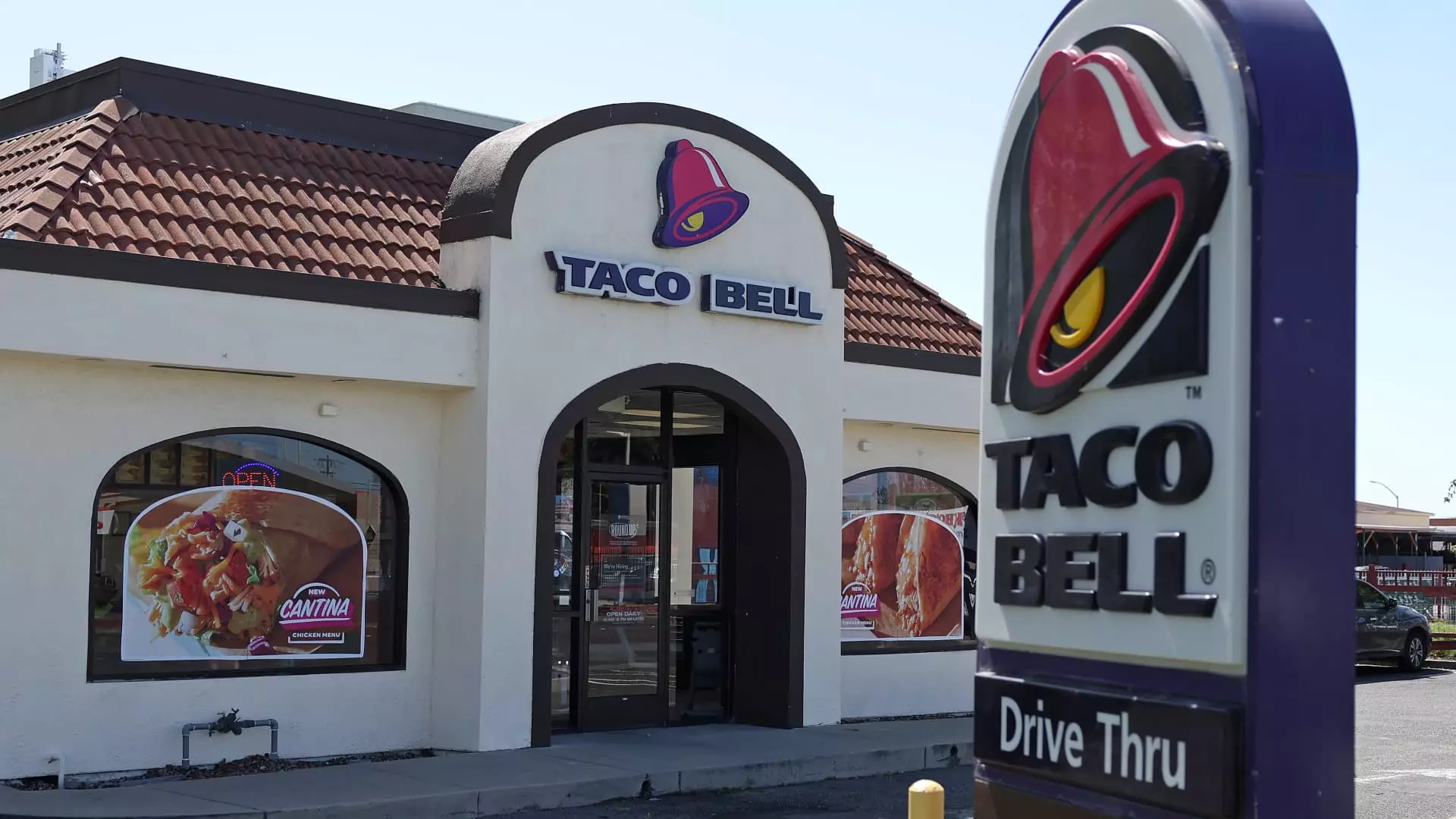In recent news, the food industry has been rocked by an E. coli outbreak that has impacted several major restaurant chains, raising significant concerns about food safety standards and supplier practices. The incident not only highlights the fragility of our food supply chain but also serves as a critical reminder of the implications foodborne illnesses can have on public health and corporate responsibility. Particularly, the involvement of McDonald’s as the outbreak source has triggered protective measures across other restaurants, such as Taco Bell, Pizza Hut, and KFC, owned by Yum Brands, and Burger King, operated by Restaurant Brands International.
The outbreak has been traced to onions supplied by Taylor Farms, a key player in the produce sector. McDonald’s decision to remove Quarter Pounders from approximately twenty percent of its locations reflects a swift response to a situation that could easily spiral into a wider public health crisis. With one recorded death and 49 confirmed cases linked to this outbreak across multiple states, the stakes have never been higher for the food industry to act preemptively.
In light of these alarming developments, Yum Brands has swiftly acted by withdrawing fresh onions from select locations, citing an “abundance of caution.” Although the company refrained from identifying the exact number of affected restaurants, this proactive step underscores the growing awareness of how interconnected the food supply chain is. The decision to remove onions, regardless of whether they were directly linked to the outbreak, underscores the imperative of safeguarding consumer health.
Similarly, Burger King’s measure to discard onions from 5% of its U.S. outlets reflects a concerted effort to fortify its food safety protocols. By taking the responsible route and ensuring only safe ingredients are utilized, Burger King is addressing consumer safety head-on even amidst no direct evidence of illness at their locations. Their emphasis on whole, fresh onions prepared on-site speaks to a commitment to quality and preparedness, showing that preventative action in the face of uncertainty is essential in today’s health-conscious consumer environment.
The Centers for Disease Control and Prevention (CDC) has become actively involved in investigating the source of the E. coli outbreak. With interviews conducted among affected individuals, a significant correlation has been observed with McDonald’s Quarter Pounder meals. The findings have narrowed potential vectors of infection down to two main ingredients: the fresh beef patties and slivered onions from their supplier. Such investigations play a vital role in tracking the spread of foodborne pathogens, revealing insights into supply chain weaknesses and potential points of contamination.
Regulatory bodies are crucial in managing public health concerns, reinforcing the concept that transparency and accountability in the food industry are paramount. The need for improvements in tracking and responding to these outbreaks cannot be overstated; errant practices can lead not only to health risks but to significant fallout in brand integrity.
For consumers, incidents such as these may instigate a sense of distrust toward major food chains, igniting concerns over the safety of their favorite dining options. Furthermore, this event serves as a call to action for the food industry, generating discussions on improving both preventative measures and response protocols in case of contamination events.
As businesses grapple with the realities of food safety, consumer education also becomes a paramount issue. Restaurants must communicate not only their standards but also how they are safeguarding against potential contamination. The incident with McDonald’s and its ripple effect through associated chains demonstrates that while companies might not directly feel the effects of an outbreak, they operate in an ecosystem where one incident can have widespread implications.
The recent E. coli outbreak serves as a critical reminder of the vulnerability of our food systems. The responses from major chains like Yum Brands and Restaurant Brands International illustrate the importance of vigilance within the food supply chain. As regulatory authorities continue their investigations and people remain cautious about their dining choices, the focus on food safety must remain elevated. Only through collaboration, transparency, and ongoing commitment can trust in our food systems be restored, allowing consumers to dine with confidence once more.

